Political activist Bob Njagi has recently made a bold revelation by publicly naming an individual he believes was involved in his abduction.
Njagi, who leads the Free Kenya Movement, was kidnapped in August 2024 and held captive for 32 days before being released.
He suspects that government agents were behind this incident.On Wednesday, February 5, during a live interview on Citizen TV, Njagi addressed one of his alleged captors, a man he referred to as “Chairman.” He mentioned that while he was held, his abductors kept track of news about him. Njagi stated, “He is probably watching me right now, and he is called Chairman. I want to address you because I know you are looking at me.”
Njagi shared that during his captivity, he often heard the Citizen TV theme song, indicating that his captors were closely monitoring media reports about his disappearance.
He issued a stern warning, accusing Chairman and his team of engaging in illegal activities, including abductions and killings. “You have been abducting and killing people, especially young people. This is a civilized society. We are lucky to be alive to tell the story, but I know that justice is going to be served soon,” he warned.
Despite the terrifying ordeal, Njagi remains strong and determined. He vowed to continue fighting for good governance in Kenya.
“Yes, we have been through an abduction, but we are not giving up. If anything, this experience has made us even more determined,” he said.
He also announced that the Free Kenya Movement plans to grow into a strong political force that could challenge President William Ruto’s government in the 2027 elections.
Njagi’s bold move has sparked reactions across the country, with many Kenyans praising his courage. Others are now demanding answers from the government about his abduction.
In October 2024, Njagi recounted his abduction ordeal during a press conference in Kitengela.
He described how he was seized on August 19 while traveling in a matatu in Mlolongo by four masked men who accused him of carrying a gun.
They dragged him out of the vehicle and forced him into a white car. He was tortured and driven to an unknown location, where he was confined to a dark room measuring approximately 6 by 4 feet, spending 32 days isolated from human contact.
He was denied food for the first two days and was fed only twice a week thereafter. He was allowed to shower just once a week, leaving him in a constant state of physical and emotional despair.
Njagi has chosen to forgive his captors but remains determined to hold the government accountable.
He announced plans to sue the state, not only for violating his rights but also to put an end to the rising cases of abductions across the country.
“The government must compensate families who have lost their loved ones in these unlawful disappearances,” Njagi urged.
His abduction was part of a broader wave of disappearances connected to anti-government protests in Kitengela. On the same day, two brothers, Jamil and Aslam Longton, were also abducted by masked men in a Subaru.
The brothers, like Njagi, were vocal opponents of government policies and had been organizing protests.
After weeks of anxiety and unanswered questions, the Longton brothers were found alive in Gachie, Kiambu County, following widespread public outcry and prayers.
Jamil and Aslam were dumped in a forested area, where they sought refuge at a nearby home to charge their phones and contact their family.
They too spoke of the traumatic conditions they were subjected to during their captivity.
The National Police Service has denied any involvement in the disappearances.
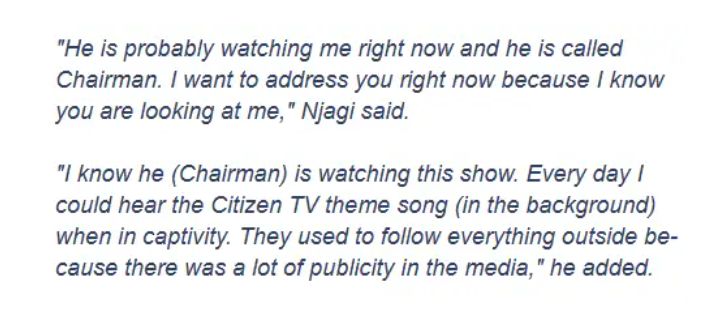
Newly-appointed Inspector General of Police Douglas Kanja maintained that the police had no knowledge of the whereabouts of Njagi and the Longton brothers during their captivity.
As the country grapples with increasing cases of abductions tied to protests, activists are calling for more transparency and accountability from the government.
Njagi’s case is expected to reignite discussions on human rights and the role of law enforcement in handling dissent.
For now, Njagi, though physically and emotionally shaken, is back with his family and continues to fight for justice not only for himself but for all those affected by similar atrocities.






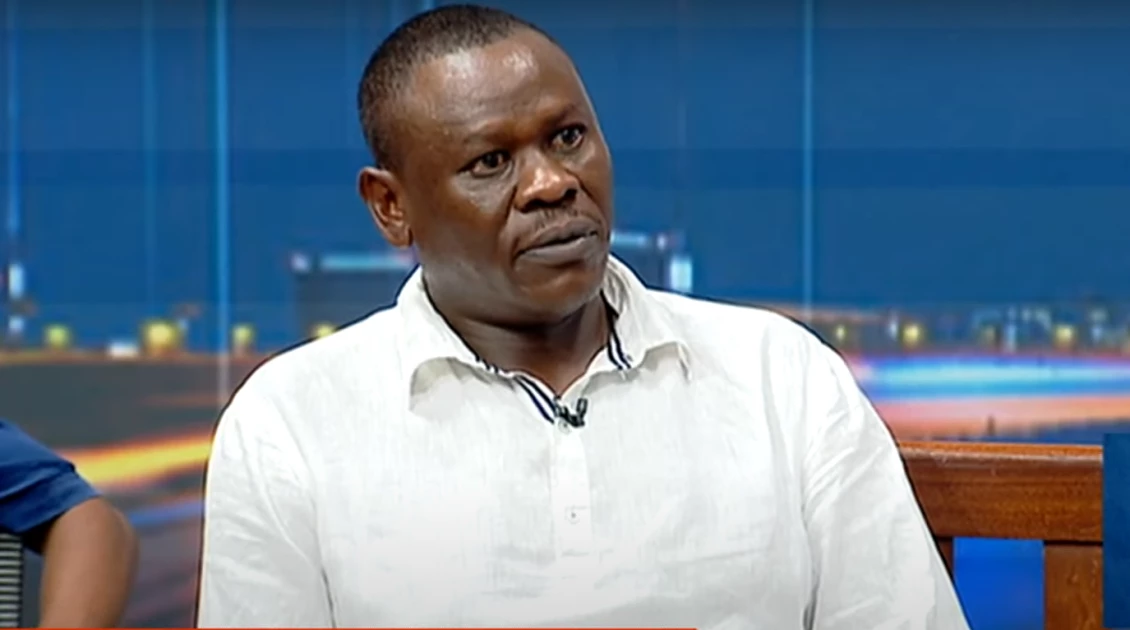
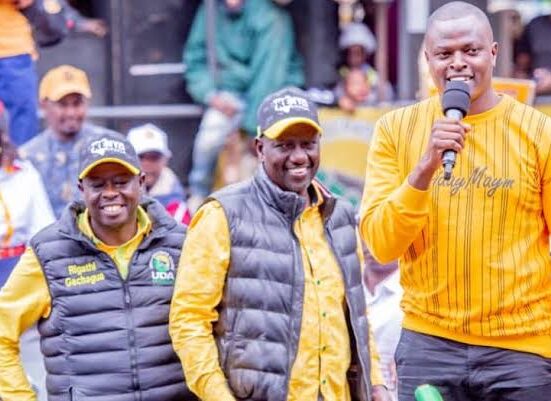
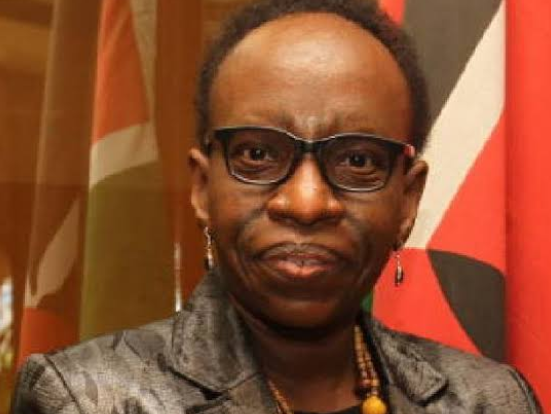
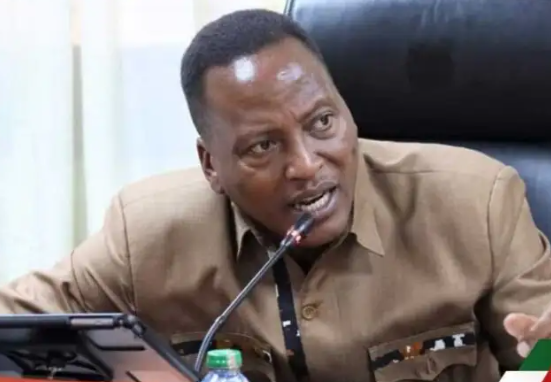

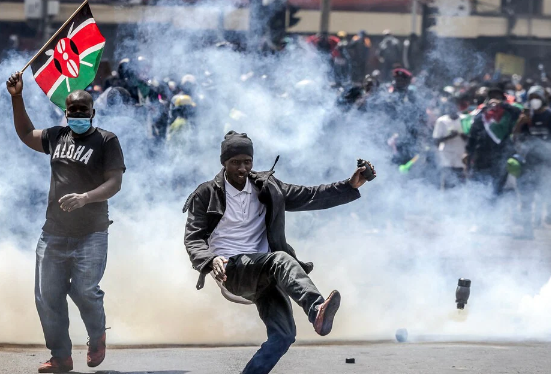
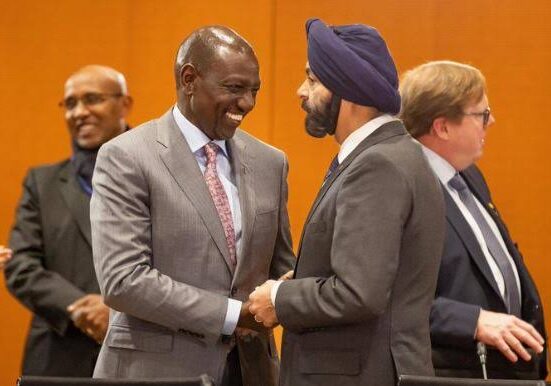
Leave feedback about this